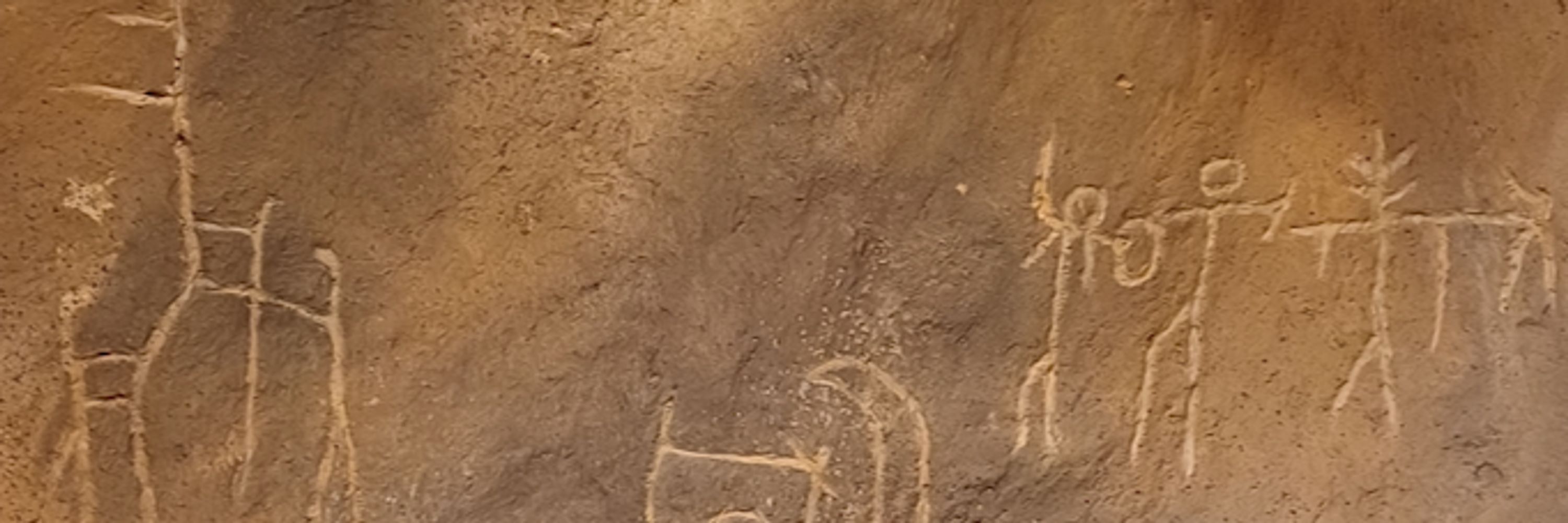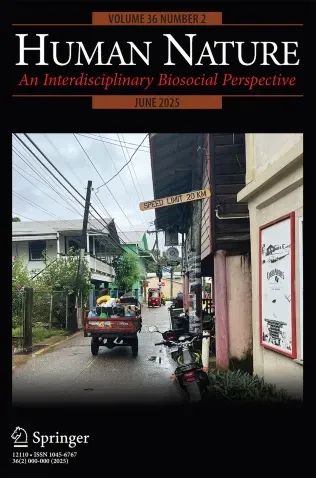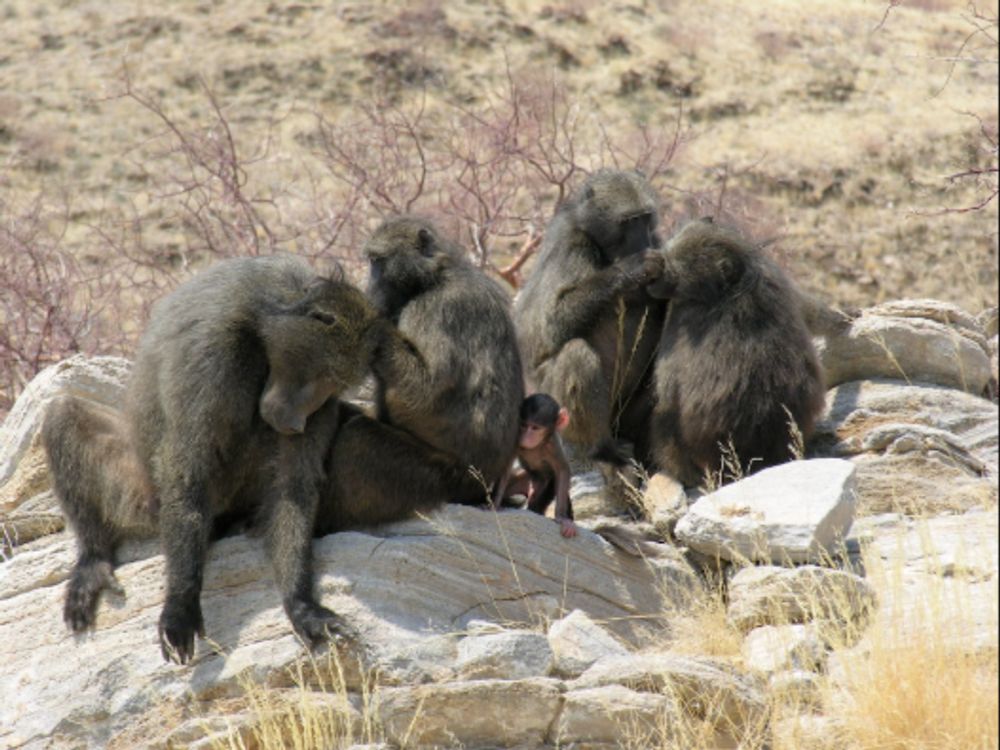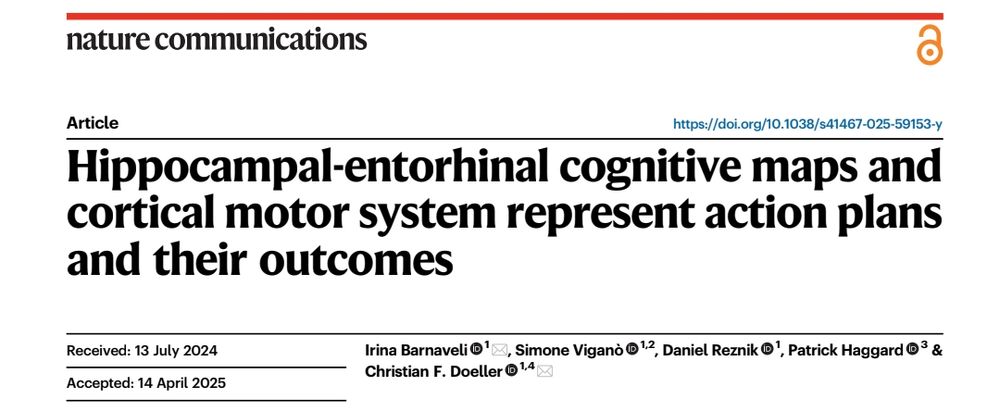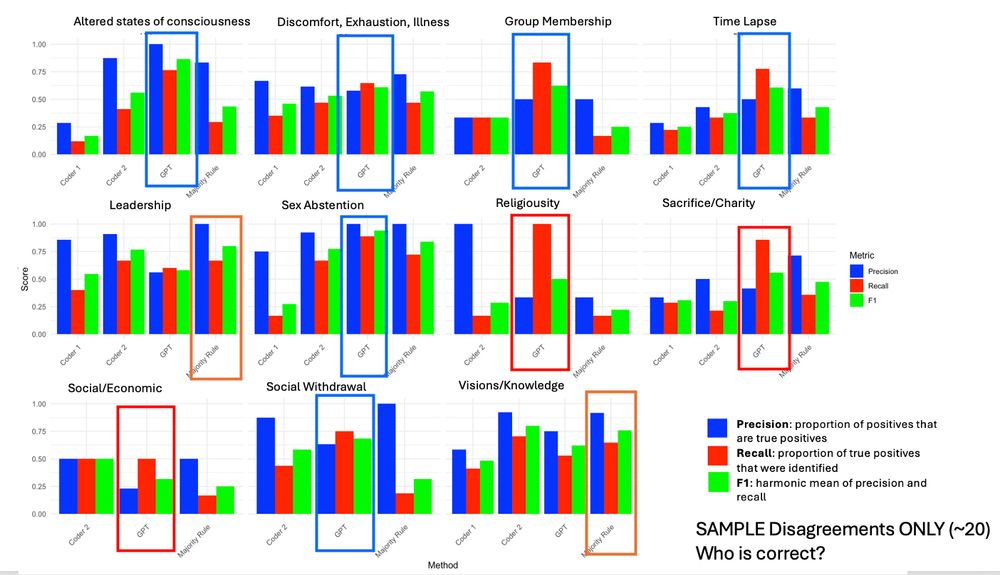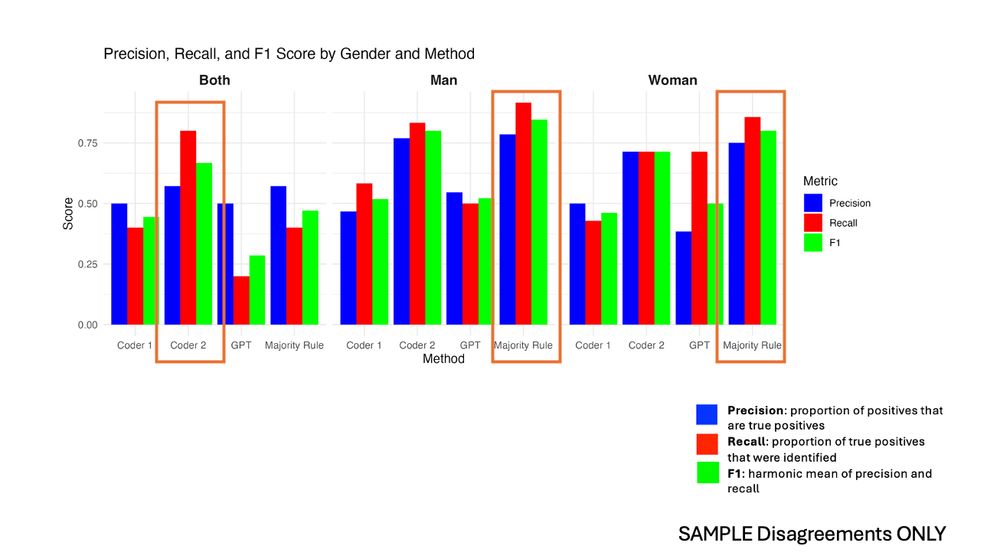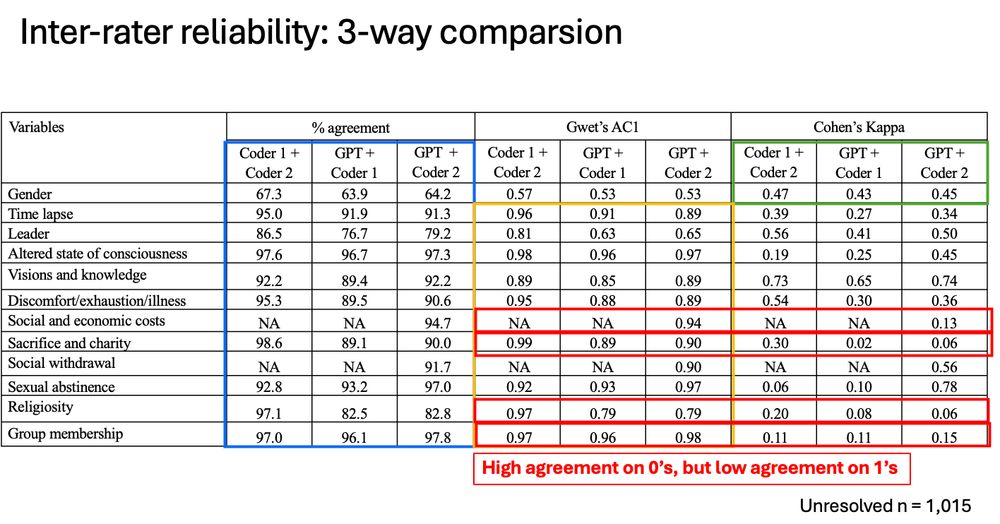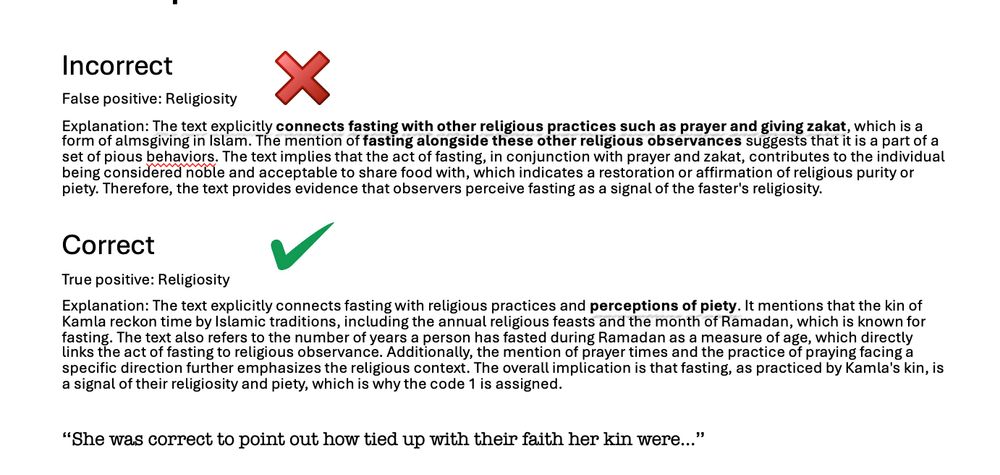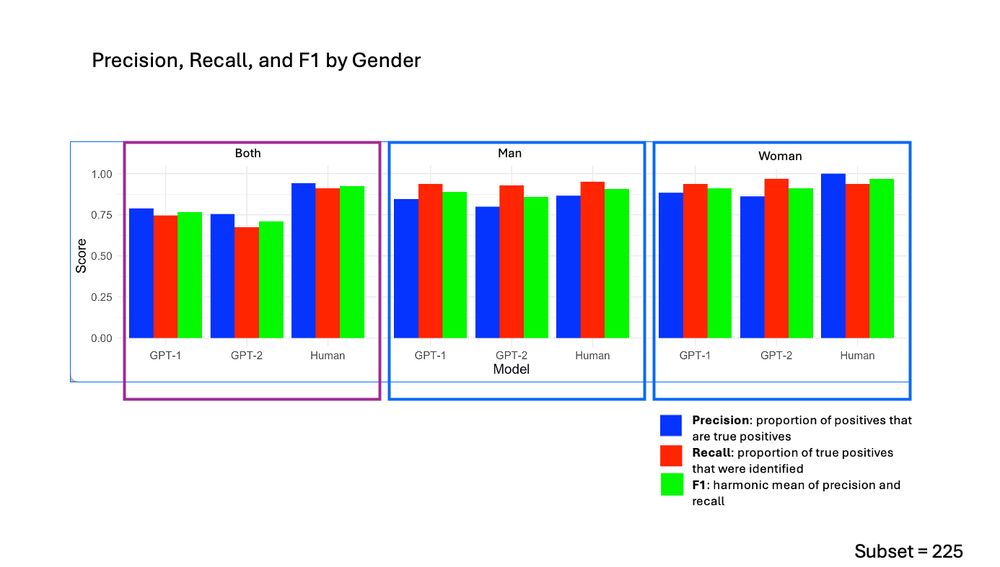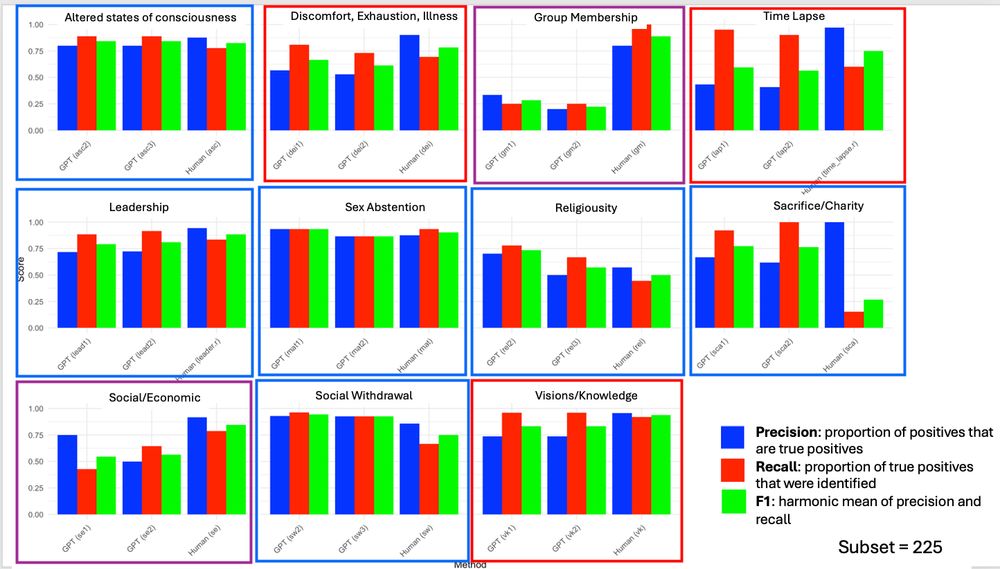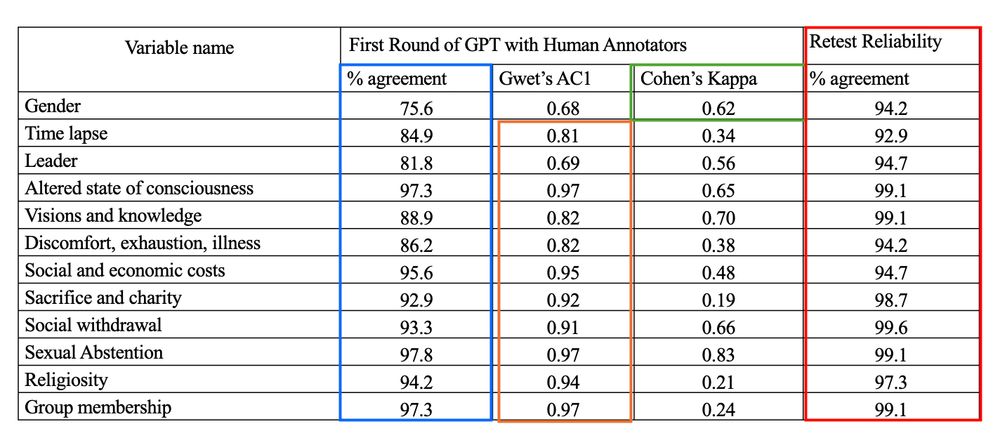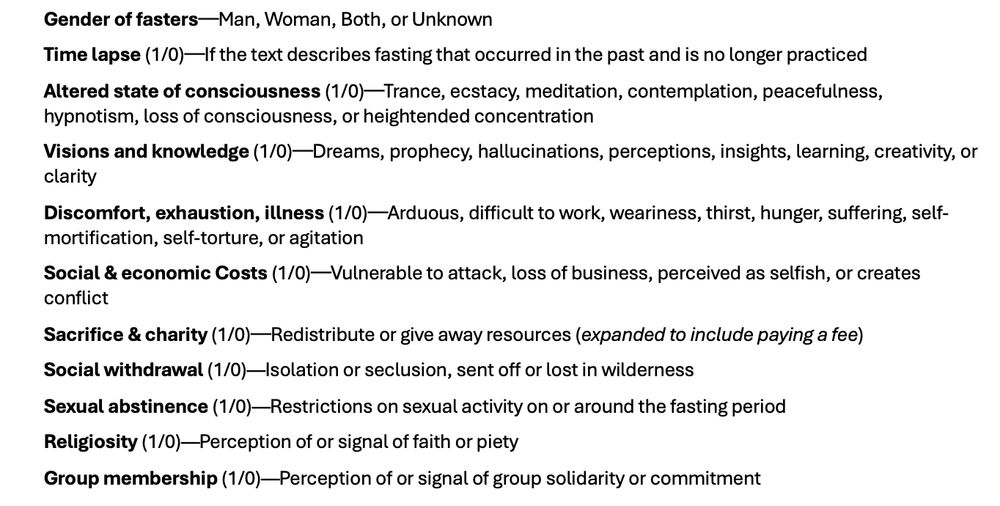Kristen Syme
@kristensyme.bsky.social
370 followers
870 following
22 posts
Research Fellow, University of Leicester, Psychology, Biocultural/Evolutionary Anthropology, [email protected]
Posts
Media
Videos
Starter Packs
Reposted by Kristen Syme
Zack Labe
@zacklabe.com
· 10d

After Trump cut the National Science Foundation by 56 percent, a venerable Arctic research center closes its doors
The Arctic Research Consortium of the United States funded programs that aided Indigenous communities and tracked melting sea ice, among dozens of initiatives.
grist.org
Reposted by Kristen Syme
Reposted by Kristen Syme
Rod Munday
@rodmunday.bsky.social
· Jul 31

Open letter from UK university staff: Request for biometric deferral and safe evacuation of incoming Palestinian students and scholars from Gaza to UK Universities
More than 40 students currently trapped in Gaza with full scholarships to UK Universities are asking for a safe route to come and study. We, the academic community hoping to welcome these scholars, ca...
docs.google.com
Reposted by Kristen Syme
Kristen Syme
@kristensyme.bsky.social
· Jun 6
Reposted by Kristen Syme
Kristen Syme
@kristensyme.bsky.social
· Apr 19
Kristen Syme
@kristensyme.bsky.social
· Apr 18
Kristen Syme
@kristensyme.bsky.social
· Apr 18
Kristen Syme
@kristensyme.bsky.social
· Feb 14
Kristen Syme
@kristensyme.bsky.social
· Nov 29
Kristen Syme
@kristensyme.bsky.social
· Nov 21
Kristen Syme
@kristensyme.bsky.social
· Nov 21
Kristen Syme
@kristensyme.bsky.social
· Nov 13
